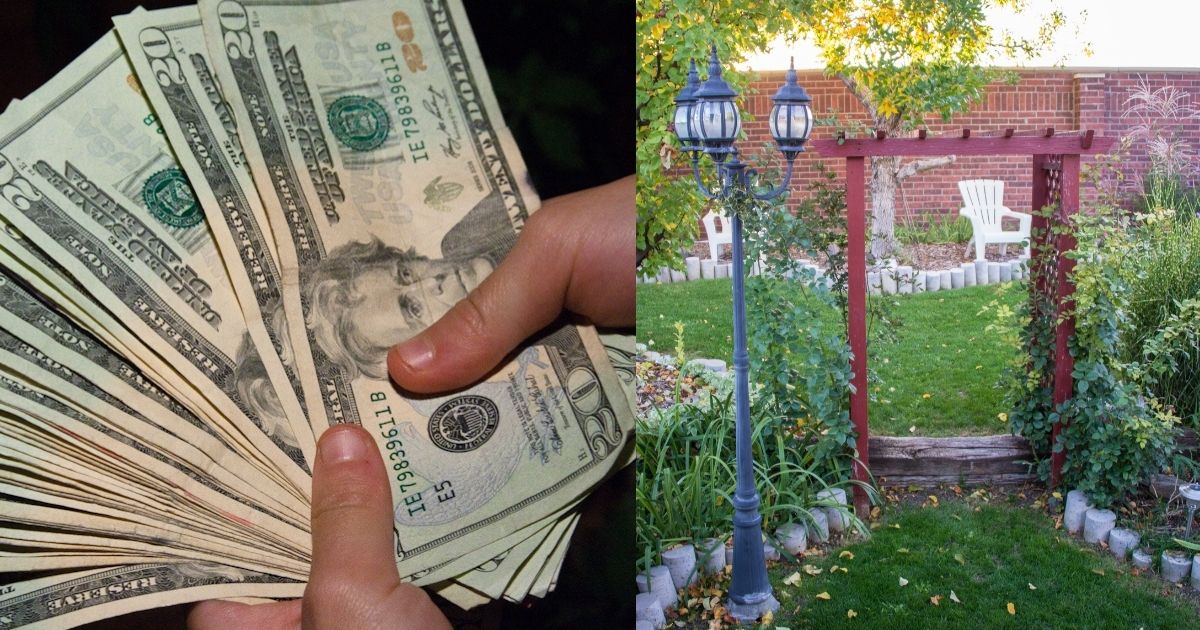Many people dream to discover that some old bauble they have is actually worth loads of cash, that the heirloom passed down for generations is real or that something they picked up at an estate sale is a genuine article.
That’s why so many people are enamored with shows like Antiques Roadshow — because many of us secretly hope that someday we’ll be the ones shocked by the real value of something we possess.
A family from Clare, Suffolk received a six figure shock. They were moving and had some odds and ends to sell that wouldn’t go with their new place.
[firefly_embed]
[/firefly_embed]
“We were contacted by a local family who were moving house and needed to dispose of stuff from their old garden, which did not fit their new home,” auctioneer James Mander said, according to Metro.
Two of those items were sphinx statues. The owners had bought them 15 years ago at a house sale for a couple of hundred pounds, according to the East Anglian.
Since then, they’ve been used as charming garden statues, cemented into place and since repaired in some spots, as the owners believed them to be 18th or 19th-century remakes.
But not everyone thought so.
Though the statues were in very poor condition, their lineage eventually became known.
The moss-covered statues were taken to Mandeer Auctioneers in Sudbury, where they ended up netting far more than the estimated several hundred pounds and became the biggest sale of the year for the auction house.
The bidding on Saturday started at £200 ($271) and eventually went to £195,000 ($265,000) as it emerged that the statues were Ancient Egyptian artifacts, likely more than 5,000 years old.
[firefly_embed]
[/firefly_embed]
“There was some interest prior to the auction during the viewing, but really we had no indication of their value until the auction began,” Mr. Mander said, according to Metro.
“The bidding quickly went up to £100,000 and then seemed to stall, until the hammer finally fell at £195,000 to an international auction gallery, setting a new house record.
“Opinion was that they were genuine Ancient Egyptian examples, which had somehow passed through recent history as 18th century copies.
“This was an exciting day at the auction, and we were very pleased to inform the vendors who had purchased and enjoyed these as garden ornaments for many years, with no idea of their true value.”
The statues will most likely be taking up residence at a museum now that their true lineage has been uncovered, and the former owners probably won’t look at garden decor in quite the same light.
This article appeared originally on The Western Journal.

























 Continue with Google
Continue with Google